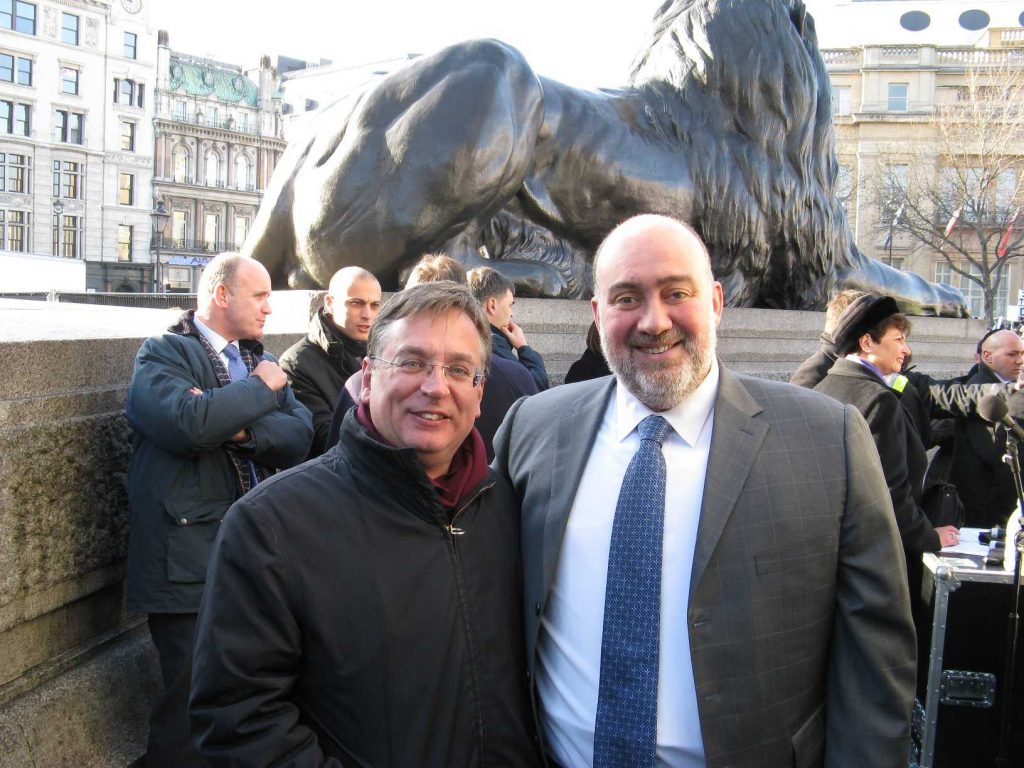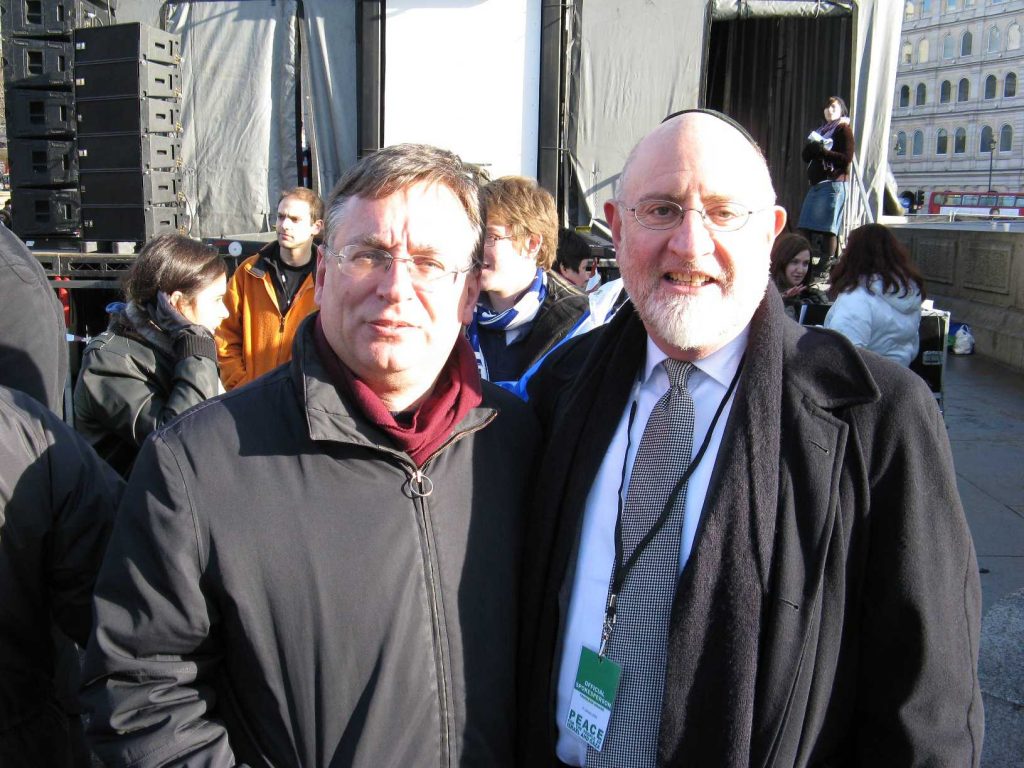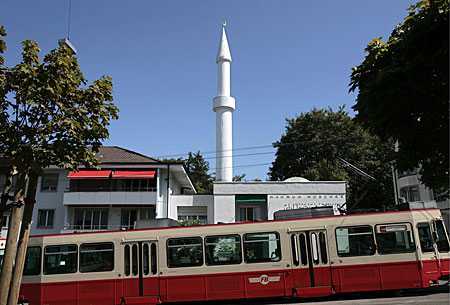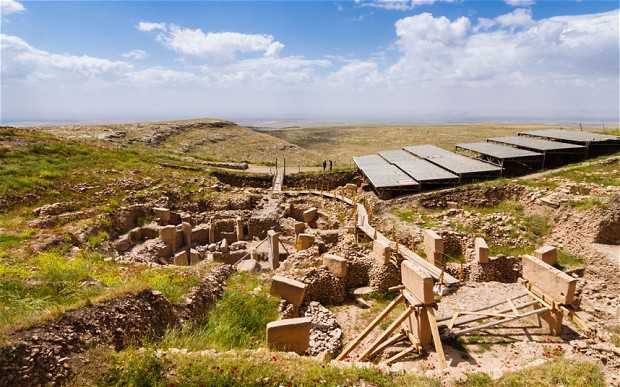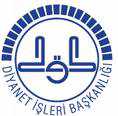By IRR News Team
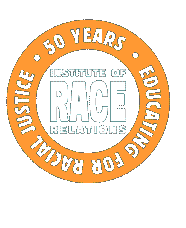 IRR News spoke to one of the foremost analysts of racism and Black struggle as to how to meet the contemporary challenge of anti-Muslim racism.
IRR News spoke to one of the foremost analysts of racism and Black struggle as to how to meet the contemporary challenge of anti-Muslim racism.
SHOULD we look at Islamophobia and anti-Muslim racism today as something new and apart, or as a continuation of the racism we have known in the UK?
A. Sivanandan: Every racism is different and every racism is the same.
Western culture, because it is a culture of conquest and subjugation, is impregnated with racist and nativist/anti-foreigner ideas. Such ideas develop into a fully-fledged ideology when harnessed to an economic or political programme such as slavery or apartheid. But they can still become a material social force, justifying discrimination and engendering racial violence, in areas and times of economic hardship when there is competition for jobs, housing etc between indigenous and foreign or immigrant workers
It is ‘natural’ for indigenous, poor, white people who have to compete for housing, employment, social services etc to be hostile to those who look like the obvious cause of their hardship, marked out by colour, foreignness or cultural difference. When such hostility is lent justification by government policies (domestic and foreign) and harnessed by political parties for electoral gain, racial ideas become firmed into a quasi-ideology which, in turn, feeds and justifies popular racism.
The components of racism are always the same – cultural, political, economic and social. But the shift from an industrial to a post-industrial society gives the components of racism a different weightage.
The racism of industrial capitalism was connected to exploitation – slavery, colonialism, indenture, immigration. Racism was imbricated in labour exploitation. The economic factor was dominant in the way racism changed and was shaped and became functional. In post-industrial capitalism, where the exploitation of labour in the old sense is concentrated in the periphery; the political and cultural components are dominant. And ideas, in an Information Society dominated by the media, become material irrespective of the economic factor. There is, in other words, very little disjuncture between the racist idea and the racist act; they virtually flow into each other.
Are you saying that before we even look at contemporary Islamophobia, per se, we have to look at the way that the balance within racism itself has changed over the last thirty years or so?
A. Sivanandan: Yes. By and large, under industrial capitalism, racist views, filtered down through slavery and colonialism, were prevalent mostly among the working class. But in post-industrial society racial ideas run through the whole of society and culture. For, globalisation and the market have sundered the ethos of the nation state and opened the door to nativism.
Let me explain. Globalisation has shifted the role of the state from welfare to market. The welfare state was guided by principles of social equality, which made for social cohesion. The market state is guided by the principles of wealth creation and individual success, which fractures society, fragments communities, and reifies personal relationships. There is nothing organic now to cohere the nation. Hence the imposition from above of British values and programmes of social cohesion to hold the nation together – aided now by the politics of fear and the ‘enemy within’, creating in the process a faux nationalism evident in everything from foreign policy to oaths of allegiance in our town halls.
How does this then relate to how we tackle Islamophobia and anti-Muslim racism, are they really the same thing? Can the terms be used interchangeably?
A. Sivanandan: Yes and no. Yes, Islamophobia is implicated in anti-Muslim racism; but no, the one does not equate the other. I see Islamophobia as a term relating to a set of ideas which indicate an antipathy to Islam – which can range from the crude and direct demonisation we find in the tabloids to the intellectual sophistry we associate with people like Amis. Whereas anti-Muslim racism is the acting out of that antipathy, that prejudice – in violent attacks on the street or, when institutionalised in the state apparatus, in the impact of the anti-terror laws, in racial profiling by the police, and so on.
The distinction is important because Islamophobia and anti-Muslim racism reside by and large in two different constituencies – and each has to be fought on its own ‘merits’. Islamophobia, in its most sophisticated form, is the province of middle-class opinion formers, erstwhile liberals, defenders of the true liberal faith against the encroachments of illiberal Islam, as defined by them, the ‘liberati’. Anti-Muslim racism is the province of the working class and is no different from past working-class racisms. Except that now it finds its justification in Islamophobia – suitably translated into the vernacular of stereotype and scapegoat by the tabloids, the carriers of racist culture. Racism is now justified not on notions of racial superiority but on notions of Islamic ‘barbarity’. And religion is racialised.
Hence the confusion that fighting Islamophobic discourse is tantamount to fighting anti-Muslim racism. But, as I have said, Islamophobia is not the cause of anti-Muslim racism but its rationale. Religion is not race. And unless we unravel race from religion and employ different strategies for the different sites of struggle, while still keeping their relationship in view, we will be rendered ineffective on both sites. Conversely, to let the fight against Islamophobia (ideological/theoretical) dictate the fight against anti-Muslim racism (strategic/practical) is to intellectualise both and undermine action. To concentrate on the anti-racist aspect of struggle without missing out on the fight against Islamophobia, however, is not only to be able to draw on the long history of that struggle but also to gain the support of allies that were made on its way, especially – at a time of British National Party (BNP) resurgence – the anti-fascists. Such solidarity is also important to make sure that the liberati’s use of the term Islamofascism does not let the real fascism off the hook.
There are other reasons, too, why we need to focus on the struggle against anti-Muslim racism. Firstly, because anti-Muslim racism has become institutionalised through the government’s ‘Muslim wars’, its anti-terror laws, its use of stop and search and its failure to curb the media’s excesses. (And institutional racism, as we know, reproduces itself at other levels of society.) Second, these in turn breed a culture of fear and suspicion and give groups such as the BNP and the English Defence League a hold on public opinion. Third, the government’s elevation of ‘British values’ (as opposed to universal values) to which we should all aspire – and therefore to British culture – confirms the popular view that Muslim values and Muslim culture are raw and threatening. And this gives a fillip to nativism which, in the hands of the Right, turns into the rough and tumble patriotism of the street.
Do you feel that the extreme Right in the UK has shifted, like other rightwing groups in Europe, towards recruiting on the basis of Islamophobia?
A. Sivanandan: In the past, the extreme Right’s fascist ideology was per se reprehensible to all sectors of society in a democracy. Today, the classlessness of Islamophobia, ie the fact that it runs through the whole of society, from the liberati to the illiterati, and is made respectable by government policies, has given groups like the BNP a new constituency within ‘middle England’ on whom they work for electoral purposes. Hence its two faces: one electoral and the other populist – and its bipolar tactics of putting on a respectable front for the first and a militant front for the second. And the politics of fear engages both constituencies. The middle-England constituency is frightened by the immolation of its culture and values, and the working-class constituency is frightened by the spectre of aliens taking their jobs, homes, shops, and marrying their children.
So are you really saying that activists should be just addressing anti-Muslim racism as it affects poor communities on the streets?
A. Sivanandan: At the risk of repeating myself, we have to fight both Islamophobia and anti-Muslim racism when and where they are acted out. But the fights are at two different levels which need two different strategies and weapons. We need to dismantle and critique the intellectual arguments being put forward by Islamophobia’s intellectual protagonists and attack the media at every turn for popularising and disseminating that discourse. And we have simultaneously to take up the other fight, the fight against Anti-Muslim racism, be that at the level of government policy or the level of hate crime on the street.
Why it is important to understand the two fights as different but connected is because of the danger that, in confining ourselves to the religious aspect of the fight against Islamophobia without taking on its political translation on the street, we would once again descend into the inward-looking politics of identity.
Any Asian could be a Muslim. Any Asian wearing a headscarf or a beard must be a Muslim. Every Muslim is a fundamentalist. Every fundamentalist is a terrorist. We are in danger of creating a culture of suspicion and distrust not only between communities but within communities, indeed within families and between individuals – which can hardly count for British values or democracy!
The Institute of Race Relations is precluded from expressing a corporate view: any opinions expressed are therefore those of the authors.
, 15 March 2010
